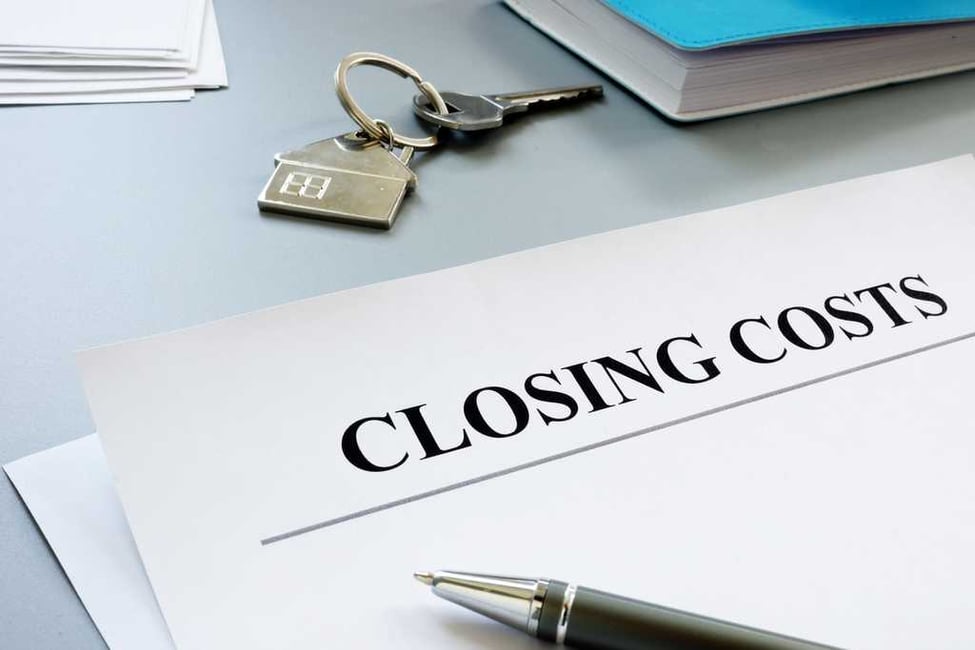When buying or selling a home, closing costs are an important factor that both parties need to consider. The question often arises: who actually pays these costs, the buyer or the seller? As an Edmonton real estate agent, I’m here to clarify this for you. Let’s break down the responsibilities, typical costs involved, and how you can navigate this aspect of a real estate transaction smoothly.
What Are Closing Costs?
Before diving into who pays what, let’s first understand what closing costs are. Closing costs are the fees and expenses incurred during the finalization of a real estate transaction. These costs cover a wide range of services and can add up to a significant amount, typically 2-5% of the property’s purchase price. Closing costs can include:
Loan origination fees
Appraisal fees
Inspection fees
Title insurance
Attorney fees
Escrow fees
Property taxes
Recording fees
Now, let’s explore who is responsible for these costs.
Buyer’s Closing Costs
Typical Buyer Responsibilities
In most real estate transactions, buyers are responsible for the majority of closing costs. Here are some of the common expenses that buyers typically cover:
Loan Origination Fees: These are the fees charged by the lender for processing the loan.
Appraisal Fees: An appraisal is required by lenders to determine the property's market value.
Home Inspection Fees: Buyers usually pay for a home inspection to ensure the property is in good condition.
Title Insurance: This protects the buyer and the lender from any future claims against the property’s title.
Property Taxes: Buyers may be required to pay a prorated amount of property taxes at closing.
Recording Fees: These are the fees for recording the new deed with the local government.
Negotiating Buyer Costs
While these are standard costs for buyers, it’s important to note that everything in real estate is negotiable. Sometimes, buyers can negotiate with the seller to cover certain closing costs, especially in a buyer’s market where sellers are more motivated to close the deal.
Seller’s Closing Costs
Typical Seller Responsibilities
Sellers also have their share of closing costs, though usually less than the buyer’s share. Here are some of the typical expenses that sellers cover:
Agent Commissions: This is usually the largest cost for sellers, covering both the listing agent and the buyer’s agent commissions, typically around 5-6% of the sale price.
Title Insurance: Sellers often pay for the owner’s title insurance policy.
Escrow Fees: These fees cover the services of the escrow company that manages the closing process.
Prorated Property Taxes: Sellers may need to pay property taxes up to the closing date.
Outstanding Liens: Any existing liens on the property must be paid off at closing.
Negotiating Seller Costs
Sellers can also negotiate their closing costs. For instance, in a seller’s market where demand is high, sellers might have more leverage to ask buyers to cover additional expenses.
Shared Closing Costs
Common Shared Costs
Some closing costs can be shared between the buyer and the seller. These shared costs can include:
Escrow Fees: Often split evenly between the buyer and the seller.
Transfer Taxes: Depending on local regulations, transfer taxes may be shared or assigned to one party.
Homeowner Association (HOA) Fees: If the property is in an HOA, fees might be prorated between the buyer and seller.
Closing Cost Assistance
Programs and Incentives
In addition to negotiating between parties, there are also programs and incentives that can help with closing costs. For example, first-time homebuyer programs often offer grants or loans to cover closing costs. Additionally, some lenders offer credits toward closing costs as part of their mortgage packages.
In the world of real estate, closing costs are an inevitable part of the transaction process. Understanding who pays for what can help both buyers and sellers plan better and negotiate effectively. Whether you’re buying your first home or selling your longtime residence in Edmonton, being informed about closing costs can make the process smoother and less stressful.
Remember, each real estate transaction is unique, and closing costs can vary. It’s always a good idea to consult with your real estate agent and other professionals involved in the transaction to get a clear picture of your specific situation. Happy buying and selling, Edmonton!
If you have any questions or need further assistance, feel free to reach out. I’m here to help you every step of the way.

